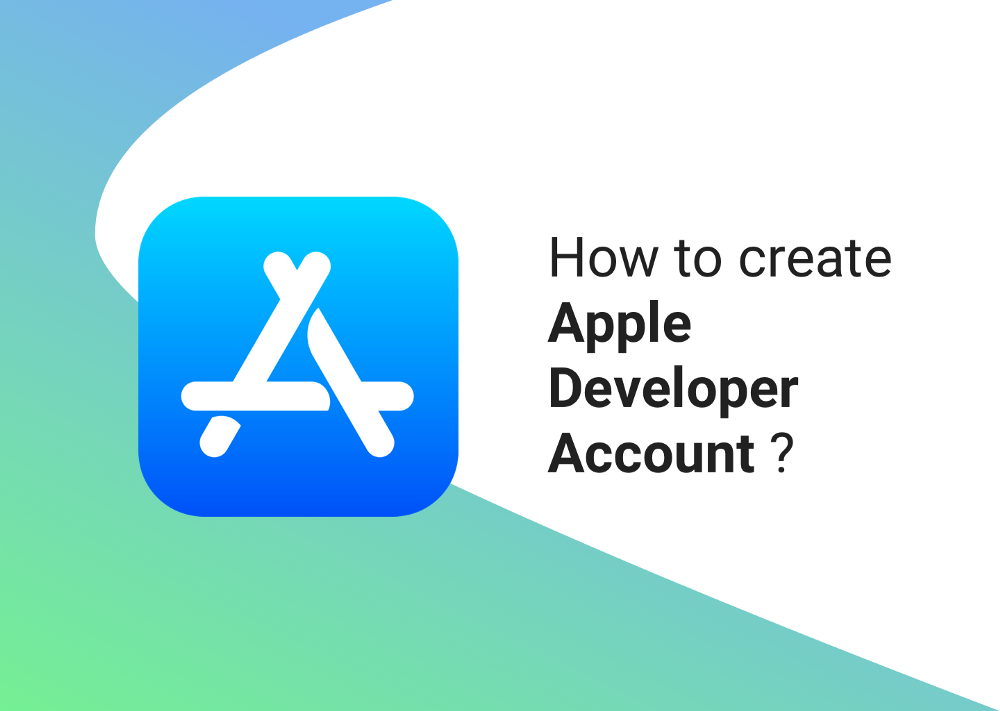If you’re experiencing issues with the approval of your app on the Apple App Store, there could be several reasons behind it. Here are some common issues and suggestions on how to address them:
1. Non-compliance with App Store Guidelines: Apple has strict guidelines that govern the content and functionality of apps on their platform. Review the App Store Review Guidelines thoroughly to ensure your app meets all the requirements. Pay attention to sections related to design, functionality, privacy, and legal considerations.
2. Bugs or Crashes: If your app contains bugs, crashes frequently, or exhibits poor performance, it is likely to be rejected. Test your app thoroughly on multiple devices and iOS versions to identify and fix any issues. Use debugging tools, crash logs, and user feedback to address any reported problems.
3. Incomplete or Inaccurate Information: Ensure that you provide accurate and complete information in your app submission, including a detailed app description, screenshots, and metadata. If reviewers cannot understand your app’s purpose or functionality, it may lead to rejection. Provide clear instructions and demonstrate the app’s features appropriately.
4. Violation of App Store Review Guidelines: Apple has strict guidelines regarding app content, including restrictions on offensive or objectionable material, intellectual property infringement, spam, and fraudulent activities. Ensure that your app adheres to these guidelines to avoid rejection.
5. Privacy Concerns: Apple places significant emphasis on user privacy. If your app collects personal information, ensure you have a clear and transparent privacy policy in place. Obtain user consent when necessary and handle user data securely. Review the App Store Privacy Guidelines to ensure compliance.
6. Intellectual Property Issues: Make sure your app does not infringe on any intellectual property rights, including trademarks, copyrights, or patents. Avoid using copyrighted material without permission and ensure your app’s name and branding do not conflict with existing trademarks.
7. User Experience and Design: Apple values apps that provide a positive user experience and have a polished design. Ensure your app is intuitive, easy to navigate, and visually appealing. Follow Apple’s Human Interface Guidelines to create an app that aligns with their design principles.
8. App Store Metadata: Pay attention to your app’s metadata, including the app name, keywords, and categories. Ensure they accurately reflect your app’s purpose and functionality. Avoid using misleading information or unrelated keywords.
9. Resolve Rejection Feedback: If your app gets rejected, carefully review the feedback provided by Apple. They often provide specific reasons for rejection. Address those concerns and make the necessary changes before resubmitting your app for review.
If you’re still facing challenges, consider reaching out to Apple’s App Review team directly for further guidance. They can provide specific insights into the reasons for rejection and offer assistance in resolving any issues you may encounter during the approval process.
